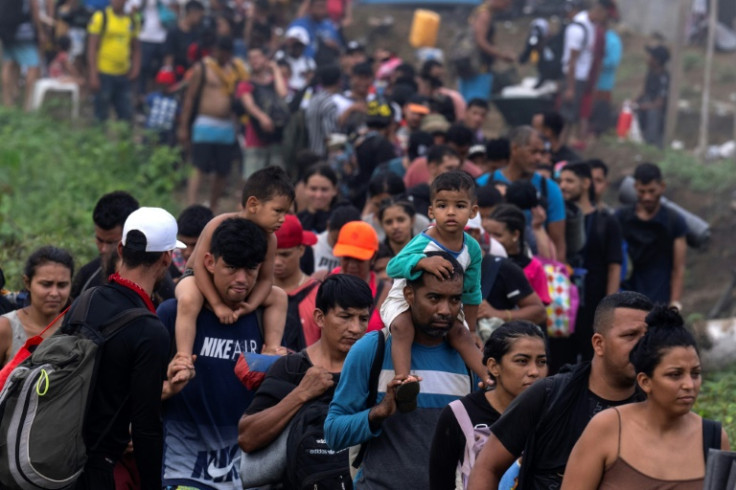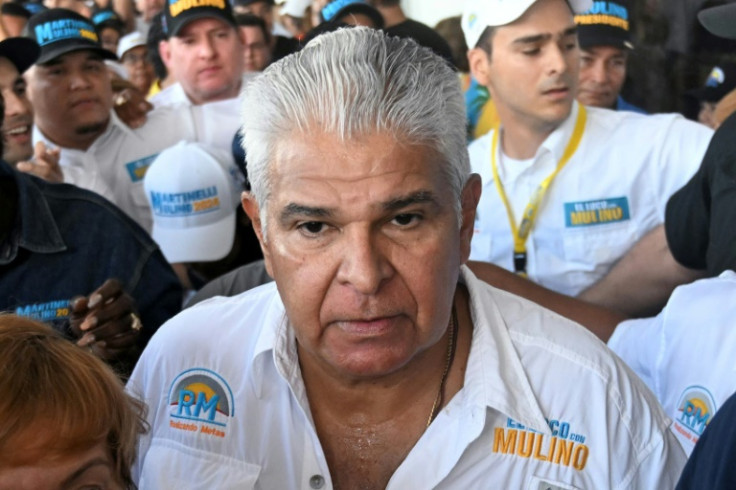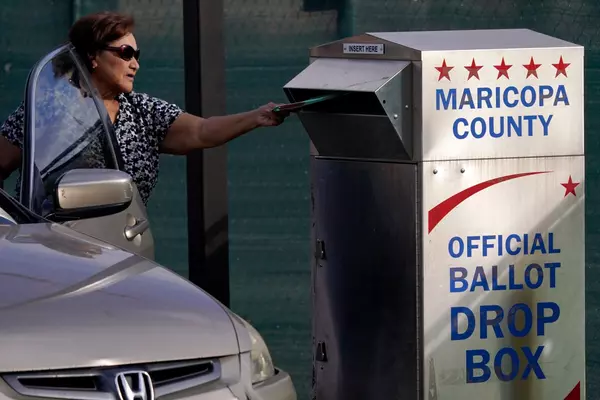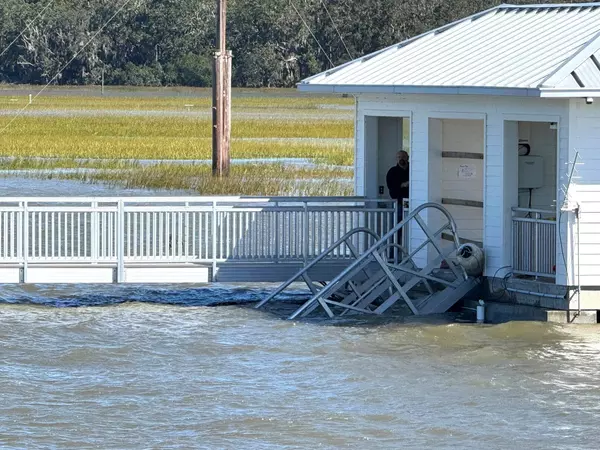
José Raúl Mulino is set to become the next Panamanian president after winning the elections on Sunday.
He could also play a key role in determining the outcome of the U.S. elections in November, as he vowed to shut down a key migration route to the country, an issue that has dominated the national conversation for months and has ranked as voters' main concern for months now.
Bloomberg reported that Mulino has said he'll shut the trails in the Darien Gap, a treacherous jungle path that connects Panama and Colombia and is used by hundreds of thousands of migrants on their way to the United States.
Only last year, over half a million people crossed the lawless jungle, ridden with criminal organizations dedicated to human smuggling, river crossings and wild animals.
According to an April report by Human Rights Watch (HRW), the Panamanian government is currently not doing enough to protect the migrants crossing the Darien Gap, with the country focused on restricting movement and rushing migrants through to Costa Rica.
The NGO also reported that neither Panama nor Colombia authorities were not doing enough to investigate and punish violations such as sexual abuse or look for missing people. Since 2021, there have been more than 1,500 reports of sexual violence in the Darien Gap, but the real number is likely to be higher, HRW said.
Mulino has also promised to lead a government that is "pro-investment and pro-private enterprise." But the Biden administration is likely to focus on the immigration message as it scrambles to reduce the flow of arrivals to the U.S. and change the perception that its not doing enough in the area.

NBC News reported on Monday that Democrats are preparing an aggressive political strategy on the issue, including forcing votes that Republicans are likely to oppose and executive actions within coming weeks.
Immigration remains the main concern among Americans during this electoral year, topping the list of a monthly Gallup survey for the third time in a row, the pollster said last week.
Asked an open-ended question about what they thought was the most important problem facing the U.S. at the moment, over a quarter of respondents (27%) said immigration.
The figure is slightly lower than February and March (28% in both months) but still nine percentage points above the second choice, the functioning of government.
Actions are already being reflected in the numbers, as southern border crossings have decreased 40% since December and have remained relatively stable through the first four months of 2024, according to figures obtained by The Washington Post.
In April, U.S. border agents encountered about 130,000 migrants entering illegally from Mexico, a level that is high by historical standards but lower than February and March, according to U.S. enforcement data obtained by The Post.
One of the primarily cited reasons for this decline is Mexico's recently launched operation to reduce crossings. At the request of the U.S., the country is using military patrols and highway checkpoints, intercepting roughly 8,000 U.S.-bound migrants per day, according to officials from both countries. Additional enforcement in Panama could contribute to the figures dropping even more as the November elections approach.
© 2024 Latin Times. All rights reserved. Do not reproduce without permission.







